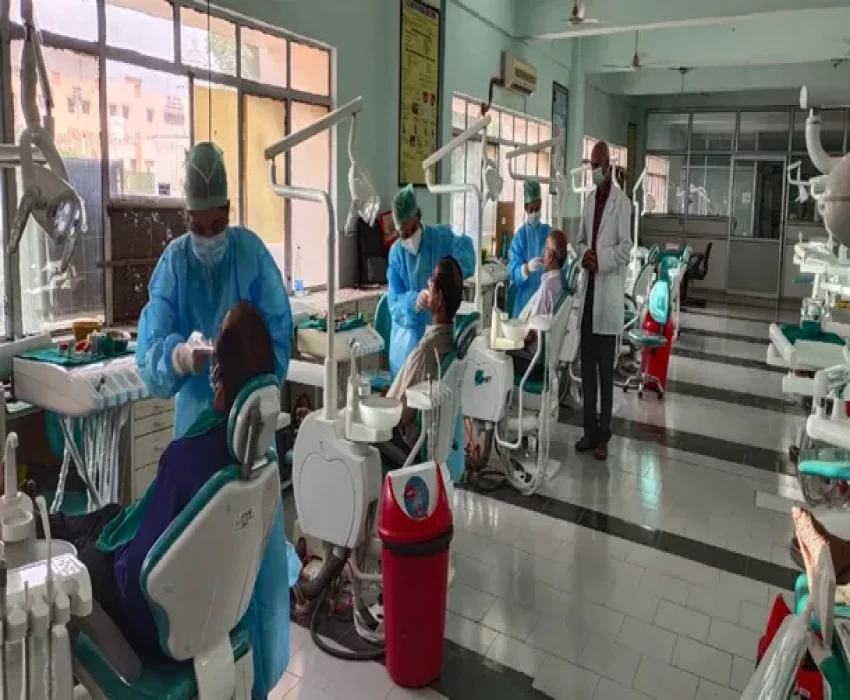Old and infirmed patients seeking oral prosthetic care, often suffer from dejection and depression, consequent to social ostracize, isolation, and solitude, concomitant with reduced physical abilities to perform activities of daily living. Seeking familial or social support is often unsuccessful, adding to the misery of the aged and infirmed individuals. Institutionalized caregiving in old - age hospices is available only for a few; and even there, knowledge and concern about routine oral health care is minimal or absent. Deteriorating health of the mouth and teeth contribute in a large measure to pain which adds on to the existing low psychological profile. Extensive outreach programs with targeted oral therapy and focused counselling and caregiving definitely boosts the morale of such patients by vastly enhancing the quality of life. Extension activity equips the resident dentist to adopt a more humane approach to his geriatric patients and also meet the challenge of treating the oral diseases of such patients more effectively with their active co-operation.




